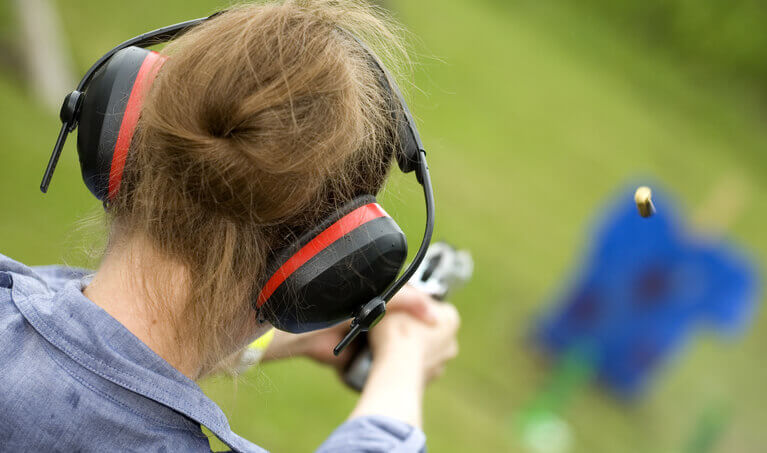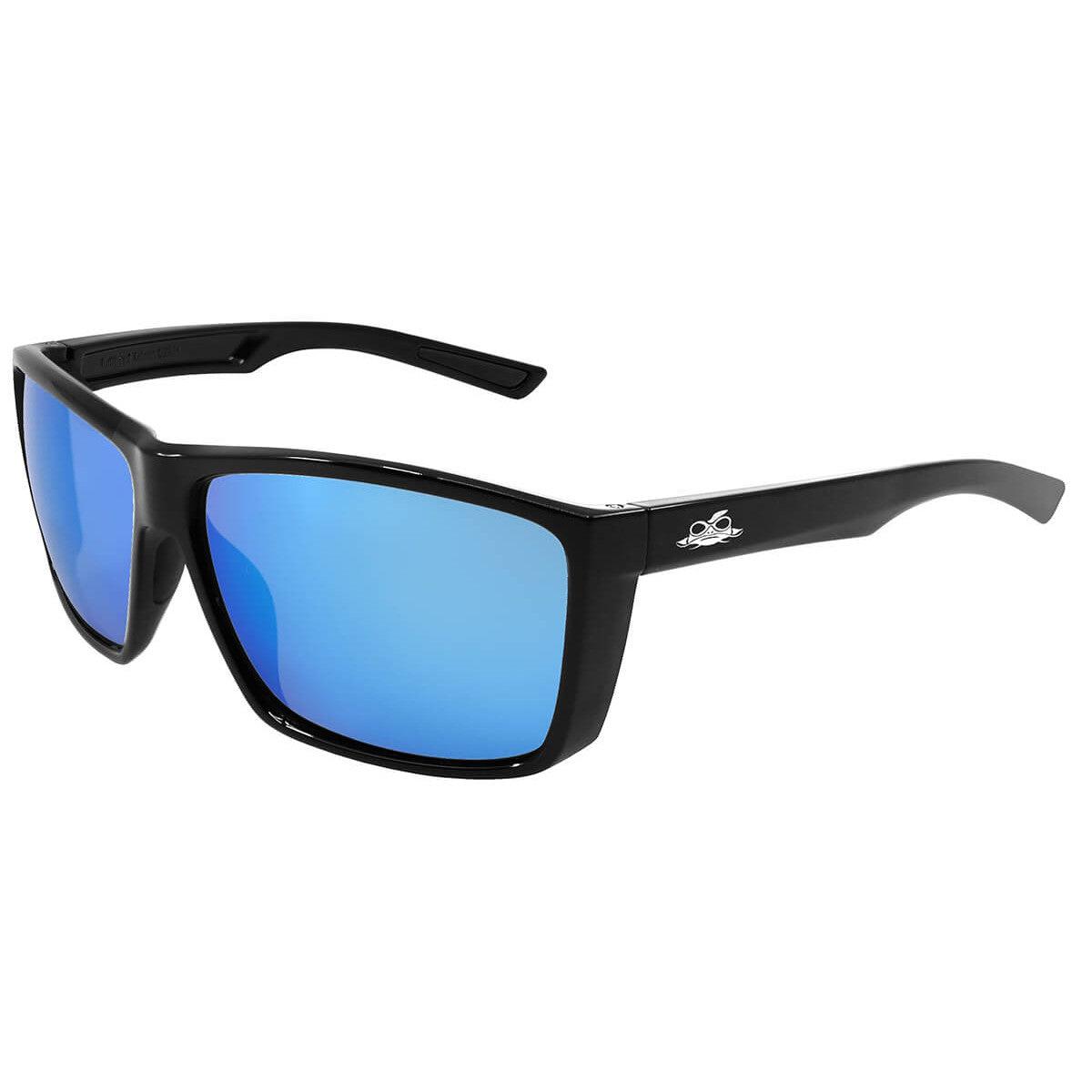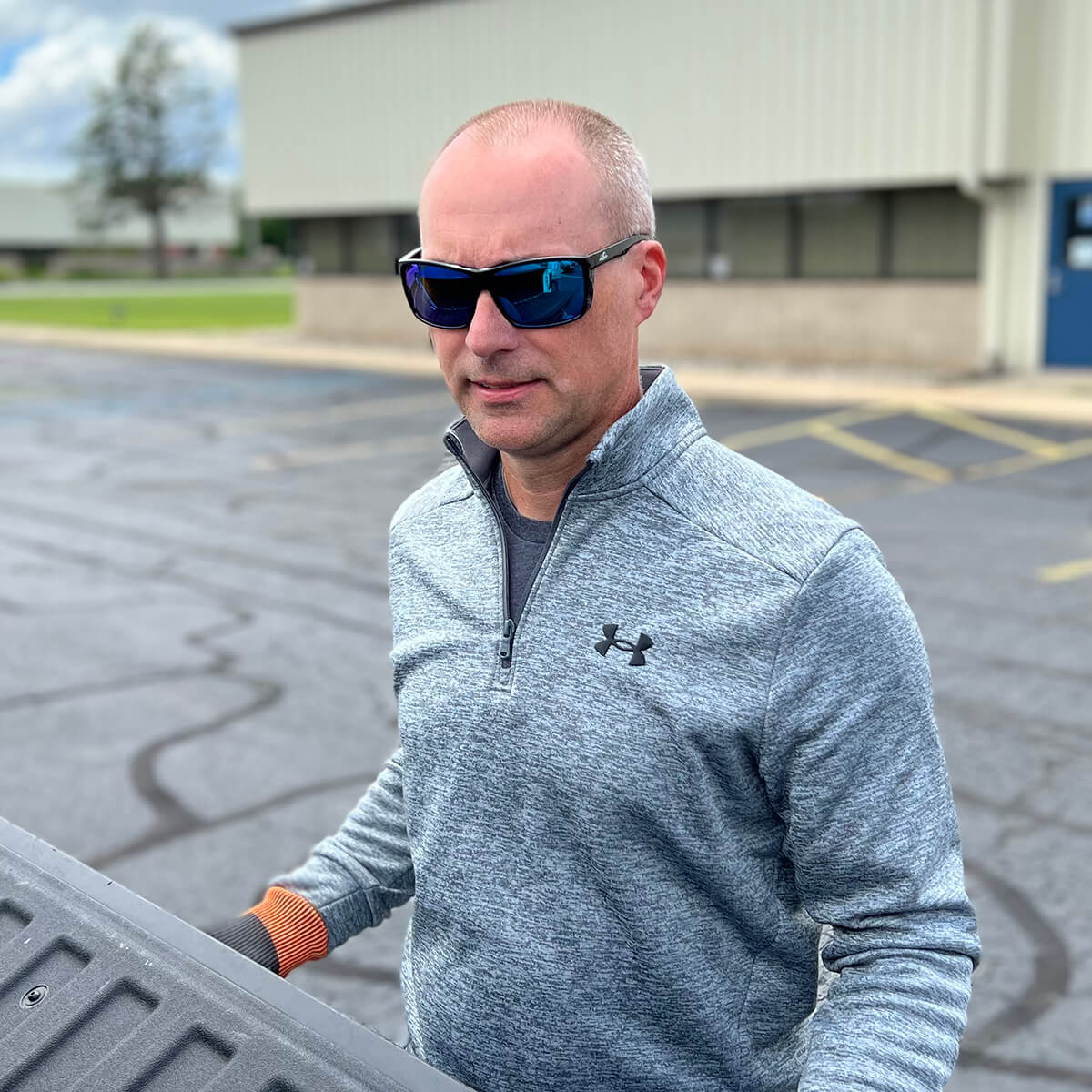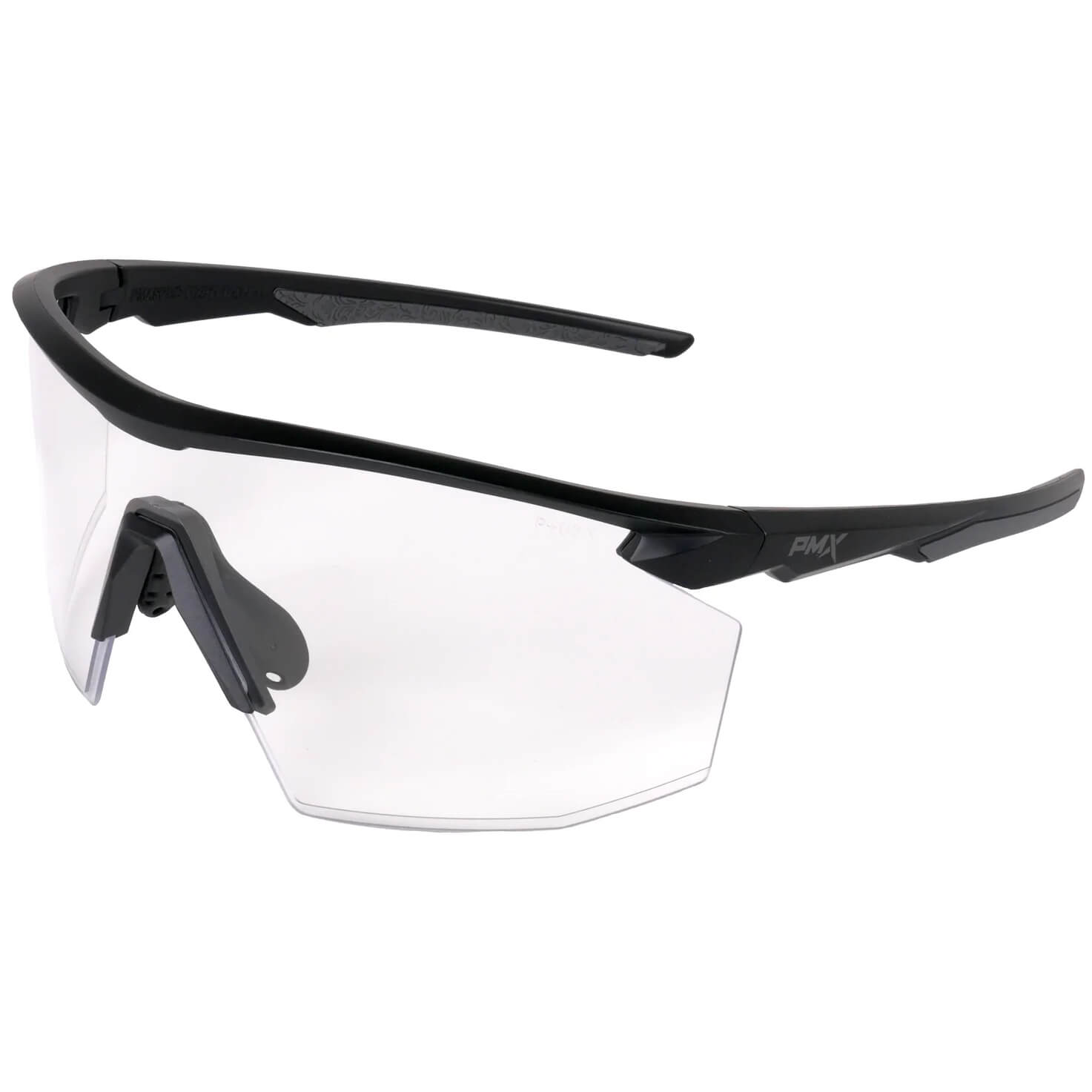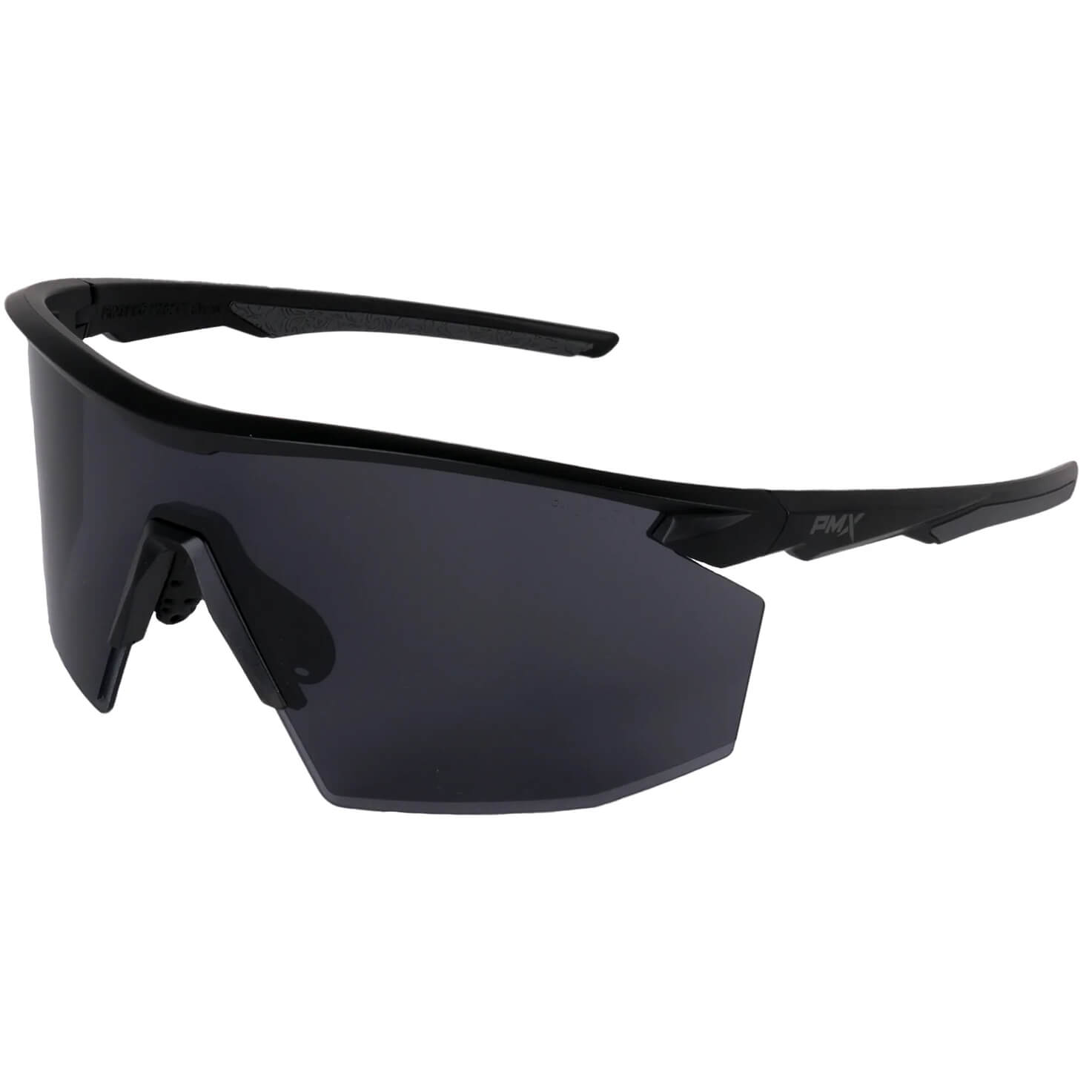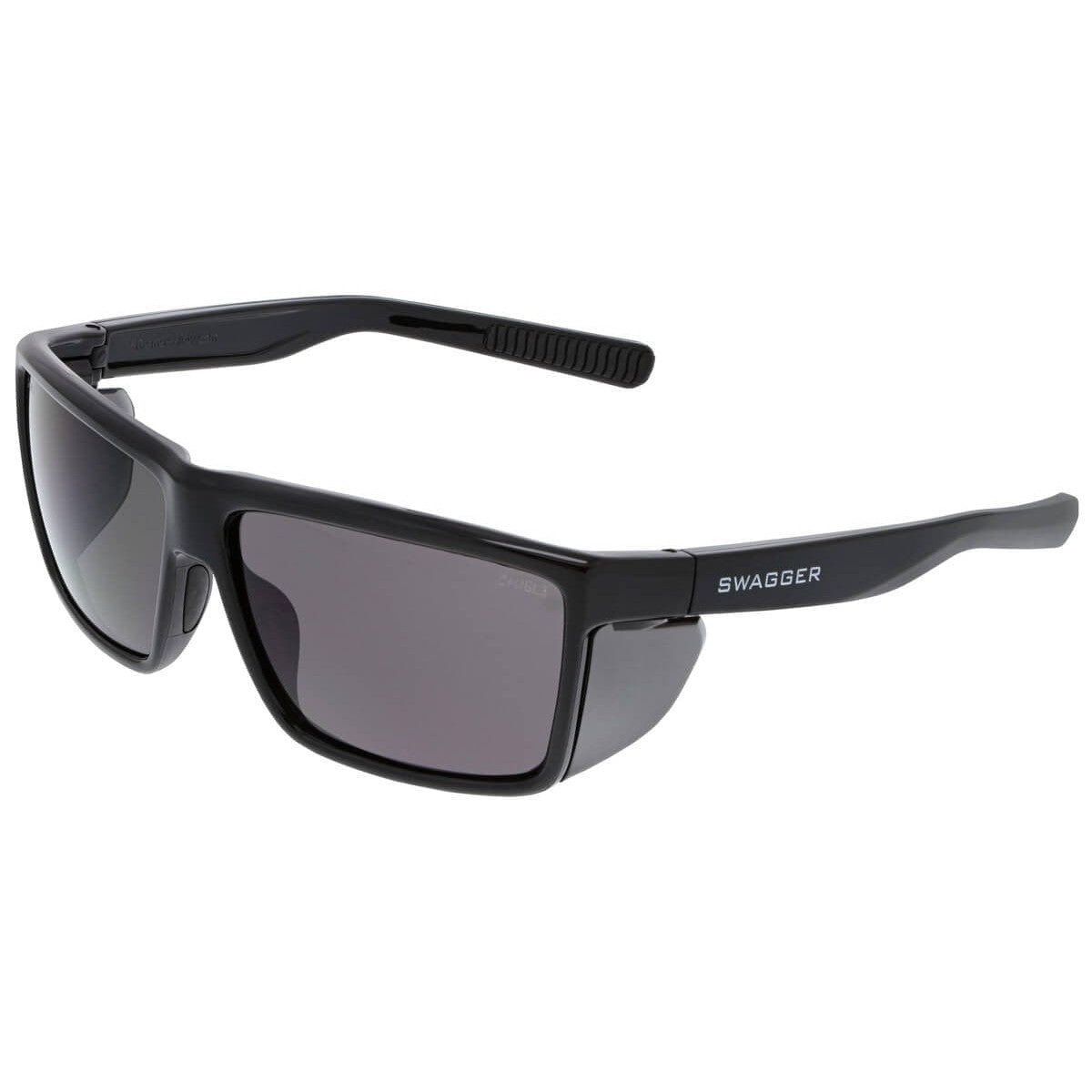A Safety Glasses USA friend told us about going to the shooting range for the first time. The safety enthusiasts on staff there told her exactly what she needed to outfit herself in to stay safe while shooting.
The equipment recommended included ballistic eyewear, shooting gloves, and hearing protection. When choosing hearing protection, the experts recommend electronic earmuffs.
Many of us not around safety gear 24/7 may underestimate our need for hearing protection. However, when you realize that hearing loss is not just an aging problem, you begin to understand the importance of educating yourself about decibel levels and hearing protection.
Hearing Loss Not Just for the Old.
Many of us expect to gradually lose our hearing as we age. But, we fail to realize that exposure to loud noise causes it too. And once you lose your hearing, there’s no getting it back.
Consider these hearing loss statistics:
- According to the American Hearing Research Foundation, 15% of Americans ages 20-69 have some degree of hearing loss due to loud noises in work and everyday activities.
- Statistics on Deafness and Hearing Loss report that 4,000 new cases of sudden deafness occur yearly.
- The National Institute on Deafness reports that 1 in 5 Americans has hearing loss in at least one of their ears.
Think you can grab a pair of earmuffs off the shelves at your local hardware store and expect them to protect your ears on the shooting range? Not so fast. Understand decibel levels to help decide the most appropriate hearing protection.
With a wide variety of choices, be sure you’re selecting the appropriate hearing protection for the task.
Understanding Decibel Levels
Many low-cost earmuffs only protect up to 32 to 60 decibels, which is the equivalent of a normal conversation. For comparison purposes, a shotgun produces 155 dB on average.
Prolonged exposure to high decibel levels can come from everyday sounds. When we’re continually exposed to these noises, hearing loss gradually happens. Those noises include:
- Dishwashers and garbage disposals at 80 dB
- Train whistle from 500 ft and subways from 200 ft at 90-95 dB
- Motorcycles and rock concerts at 100-115dB
Decibel levels of 120-150 with even short exposure can cause hearing loss. Examples include a thunderclap, a chainsaw at 120 dB, a jet engine from 100 feet, or a 12-gauge shotgun at 150 dB. Lawn mowers at garbage trucks produce about 100 dB too.

Noise exposure, even from everyday tasks like cutting the grass or traffic noise, affects our hearing. But unfortunately, this happens gradually from daily exposure, and we often won’t notice the loss until it’s too late.
Choices in Hearing Protection
Electronic Earmuffs and Shooting Earmuffs offer varying sound protection ranges. Many feature technology to reduce the external noise to a safe hearing range.
Be mindful of the decibel level protection that you require. Look at the noise levels in your everyday tasks, and choose noise-reducing earmuffs to suit your hearing protection needs.

